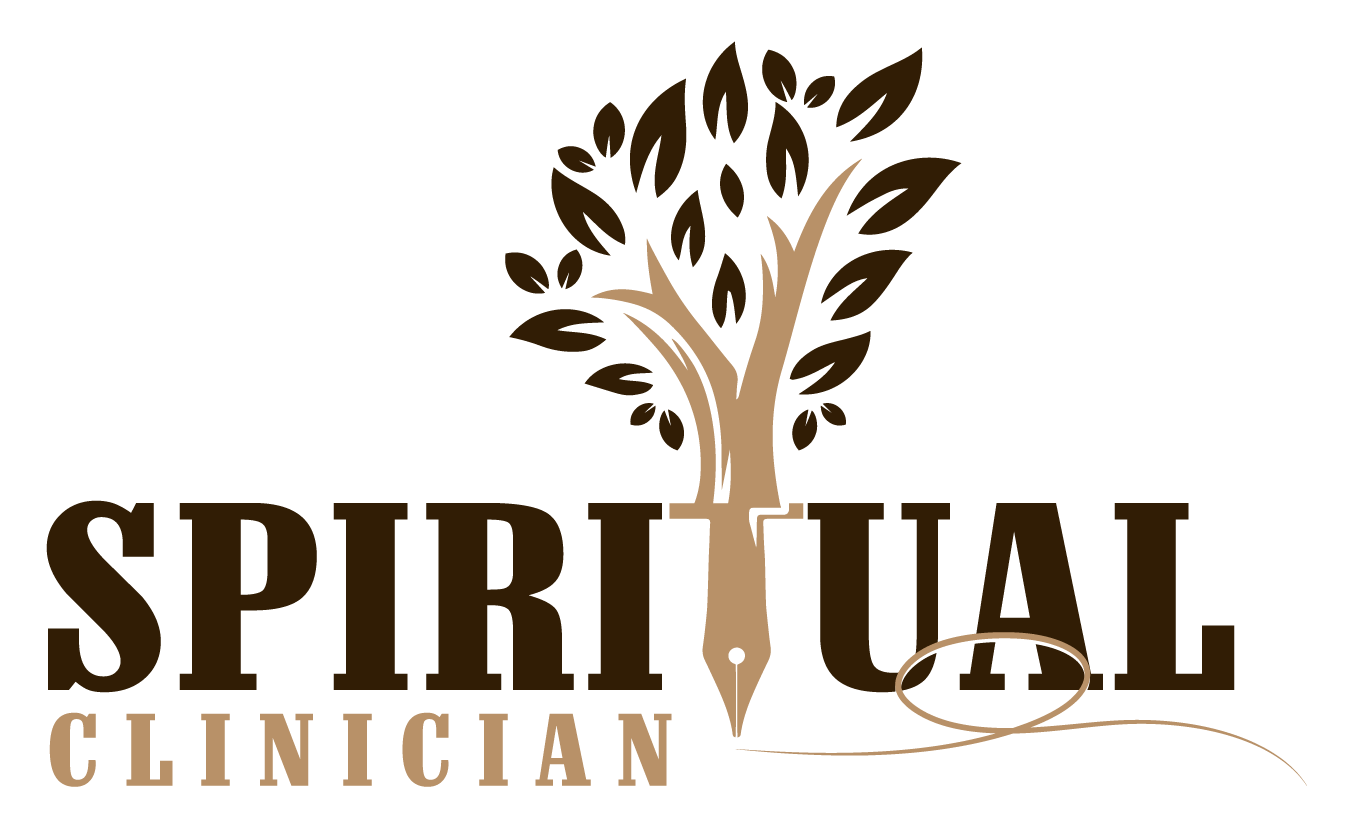When one presidential candidate is shot at and another is contending against many members of his party to retain his re-election bid, who thinks about kindness? When wars around the globe continually kill innocent people and children, and animosity fills political party conventions, who considers kindness? Perhaps not many, except those of us who continue to intentionally do what we can to fuel the flames of the universe’s evolution. Because that is what moves us ahead, kindness to one another.
The virtue of kindness, a natural or developed habit of feeling empathy and acting compassionately with the people around you, can best be seen as the primary thrust of the evolutionary process. It is the best picture we can now have of the universe improving and expanding right in front of us and all around us.
Kindness is at the heart of consideration, (con, Latin meaning “with”, and sidus or
“side”, meaning to examine all sides, or carefully). Being considerate of others constitutes kindness in your actions and choices. Those who refused to wear protective masks during the pandemic, for example, may not have considered the health of others, favoring to concentrate on their own unbounded freedom. For those people, a type of communal consideration or kindness was missing.
Kindness is what makes carnal romance love and not mere sex, lust, or rape. It distinguishes lust from that glorious lusty love that has no equal in human pleasuring. Without gentleness in affectionate touch, women especially say that without emotional connections, a type of kindness, they cannot respond sexually except to comply dutifully or feign satisfaction. And kindness is difficult to fake for long.
Kindness also constitutes a basic component of the essence of parenting, friendship, pet care, helping strangers, or any other face of love you can think about.
We can hear kindness in the voices of strangers on some phone conversations calling for sales or polls or reports of medical tests or a variety of other things. Do you hear that light-hearted warmth, or not? The difference between those callers with habitual kindness and those who haven’t yet developed it, or maybe are just in a grumpy or overly serious mode, is palpable. Try it if you haven’t. Which caller has a kind voice and attitude and who doesn’t? It is as clear as gender, not absolute but often quite easy to identify.
Hammurabi, the first lawgiver we know much about, did not mention kindness. There was probably no word for it in his language (akaida). But it is a component of the law of Love of the early Hebrews and certainly the sermon on the Mount of Jesus. It is taught as a key virtue by all major religions and the subject of the Golden Rule. It is essential naturally to romantic and carnal loving, parenting, sibling relationships, and most styles of counseling as well. It is the clearest goal to set for improving all relationships among humanity.
But where is it to be found in our political arena?
A person of character needs fortitude, knowledge, understanding, and a variety of other characteristics to function effectively in society. That is even more true of politicians. But kindness is basic to quality humanity, like the water for plants to the existence of community. We cannot grow, or even exist for long, as a people, without it.
Kindness would not be the first virtue to assess in political candidates in the minds of most citizens. But without it, Congress, or even a central political committee, eventually descends into a haggling, chest-bumping, argumentative mob. We are not far from that at times in our government now.
To collaborate in large bodies or small committees, caucuses, and teams, there is a need for consistent efforts to understand, tolerate, wait for, and be civil in the inevitable conflict of ideas and goals it takes to work together at all. These and other virtues all require kindness as a catalyst and a lubricant of collaboration.
So how shall we assess a political candidate for their kindness? The answer is clinically, and eventually small group face-to-face interaction.
Clinically means objectively, based on direct observation, and generally related to established frameworks of understanding specific aspects of human behavior. Looking clinically at human interactions takes practice and generally requires some clinical supervision to learn it well. But many people today are quite capable of being clinical in their observations, descriptions, validations, and confrontations of what they see and hear.
For now, we citizens can take any opportunity to challenge a potential candidate to demonstrate kindness in the here and now, intentionally, and in a way that is convincing that it is not mere compliance.
When assessing kindness in a large group for example, ask a potential candidate to take a few moments to show kindness in verbal response to a person who is currently experiencing some form of distress, grief, or sadness. That would be a rather bold and surprising move. Unaccustomed to having their personal interactions evaluated in public or semipublic contexts, people, in this case potential politicians, are placed in a fishbowl under scrutiny that is at best anxiety-provoking, and at worst personally and professionally insulting. But it will be effective for those who have nurtured kindness by any other name in their previous relational life. They will find words to attempt to offer comfort to the troubled person on the spot. That is a person to consider for top political office.
A major component of kindness is tone of voice. Relaxing in an effort to provide a kind conveyance of empathy, for most of us, is not natural. To some, it is, however, probably depending on an exceptionally low-anxiety childhood and unusually successfully negotiated adolescence. But for most of us, empathy is learned through friendship, sibling interaction, romantic engagement, and carnal mixing that blares the need for kindness in delightful and painful events. We learn how to be habitually kind, or not. At best we are spotty in our responses to obvious calls for our empathy throughout our lives, (though, like me, we may not recognize that until our aging reflections emerge boldly and unexpectedly in reflective reverie.)
In a large group, a simple question would introduce the topic.
“Sir, Ms., We are assessing political candidates when we can, for their ability to collaborate with others in political work, and believe that kindness is an important component of that capacity. How would you offer a few comments to Ms. Blank here, who lost her total pension (twelve-year-old nephew, son, or job) to a scammer (cancer, car accident, downsizing) last week? ”
We can assume that Ms. Blank will have a reply to the first response of the candidate and the candidate will then want to answer that. What is the tone of voice of the candidate? Is it convincing as authentically felt, or a rote, empty platitude? Is it calmly paced or glibly spun out?
What about the responses’ verbal content? If they are the usual media platitudes like, “My thoughts and prayers are with you”, or “I’m sorry for your loss.”, you will be left wondering about their value.
In a small group context, there is more room to converse with a candidate about kindness in face-to-face dialogue. Here are some questions that may unearth the capacity for empathetic interaction in that more interpersonal context.
How do you feel (pause), and I mean feel, about the difficulty the current president had in maintaining calm competence during the first presidential debate in early July of 2024? (Any empathy in the candidate’s response?)
How did you feel when you heard or saw the ear grazed by a bullet from an assassin on a presidential candidate about a week later?
Does it seem foolish to tout kindness in politics, given the orneriness that now pervades much of the U.S. population? How do you feel about the sharply dualistic attitude that currently infects the U.S. population?
Kindness is not necessarily shown by feeling it inside. Will you tell a story of how you have felt yourself being kind in relationship with your spouse, children, or a stranger in the past two weeks?
Gordon J Hilsman is a retired clinical educator now living in the Pacific Northwest with his wife of forty-four years. He can be reached at [email protected], www.spiritualclinician.com, or www.gordonjhilsman.com.


